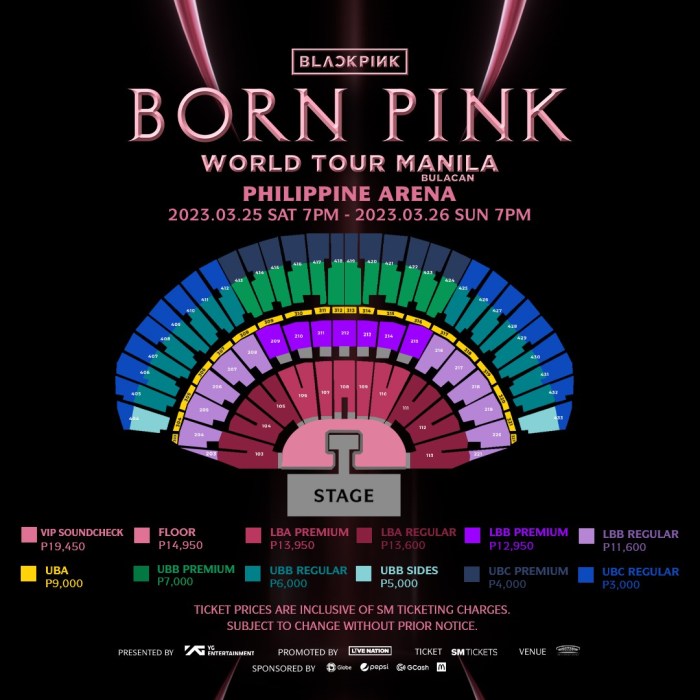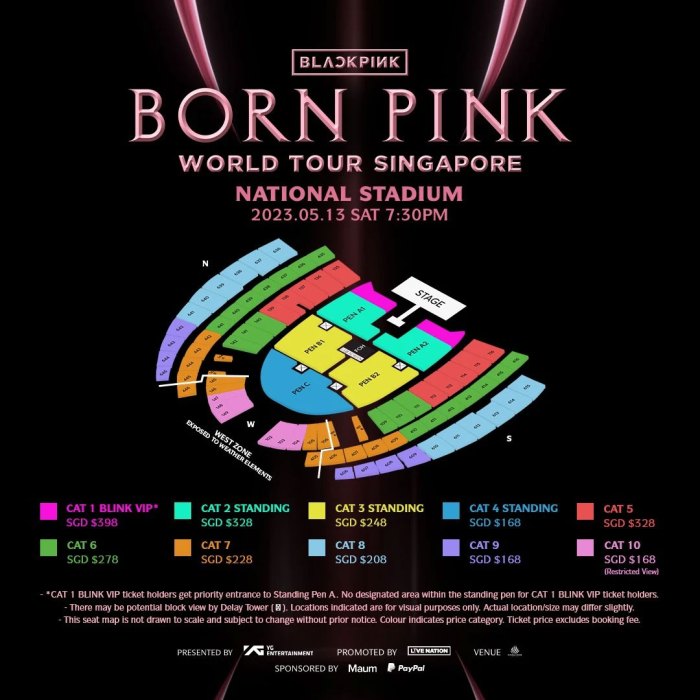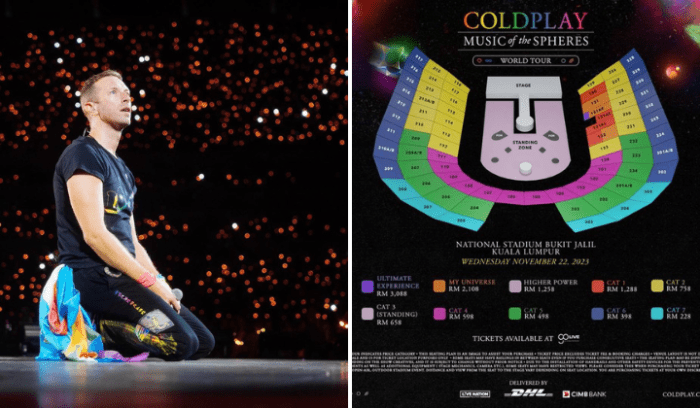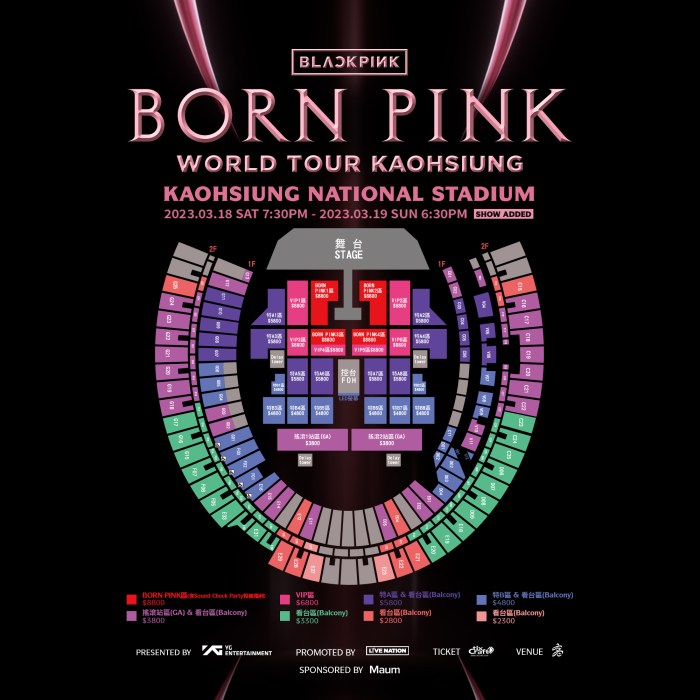With “if the base price of a concert ticket is $30” at the forefront, this article delves into the intricate world of concert ticket pricing, exploring the various factors that influence the cost of attending live music events. From venue fees to artist popularity and dynamic pricing strategies, we unravel the complexities that shape the price of admission, ultimately impacting concert attendance and the accessibility of live music experiences.
Ticket Price Components

The base price of a concert ticket encompasses various components that determine its overall cost. These components include:
- Venue fees:Charges levied by the venue for hosting the event, including rent, security, and maintenance.
- Artist fees:The payment made to the performing artist or band.
- Production costs:Expenses related to staging the event, such as lighting, sound equipment, and stage setup.
- Ticketing fees:Charges imposed by ticket vendors for processing and handling transactions.
Typically, venue fees account for the largest portion of the base price, followed by artist fees, production costs, and ticketing fees.
Market Factors Influencing Price
The base price of concert tickets is influenced by market dynamics, primarily demand and supply.
- Artist popularity:Higher demand for tickets from popular artists leads to increased prices.
- Venue size:Larger venues with higher seating capacity generally have lower ticket prices compared to smaller, intimate venues.
- Event exclusivity:Concerts that are part of exclusive tours or special events tend to have higher ticket prices due to limited availability.
Pricing Strategies
Concert promoters employ various pricing strategies to maximize revenue and cater to different market segments:
- Tiered pricing:Tickets are divided into different price levels based on factors such as seating location or proximity to the stage.
- Dynamic pricing:Ticket prices fluctuate based on demand, similar to airline ticket pricing.
- Bundle pricing:Tickets are sold in packages that include additional perks, such as merchandise or VIP experiences.
Each strategy has its advantages and disadvantages, and the optimal approach depends on the specific event and target audience.
Additional Revenue Streams
Concert promoters diversify their revenue streams to supplement ticket sales and increase profitability:
- Merchandise sales:Sale of concert-branded merchandise, such as t-shirts, posters, and accessories.
- Concessions:Food and beverage sales at the venue.
- VIP experiences:Exclusive packages that offer premium seating, meet-and-greets, and other perks.
These additional revenue streams can significantly contribute to the overall financial success of a concert.
Impact on Concert Attendance
Ticket prices have a direct impact on concert attendance:
- High ticket prices:Can deter fans from attending concerts, especially those with limited budgets.
- Accessibility:Concerts with affordable ticket prices increase accessibility for a wider range of fans.
Promoters must carefully consider the balance between revenue goals and affordability to ensure optimal attendance and fan satisfaction.
Ethical Considerations, If the base price of a concert ticket is
Pricing of concert tickets raises ethical concerns:
- Fair and reasonable prices:Promoters have a responsibility to ensure that ticket prices are fair and reasonable for fans.
- Accessibility:Concerts should be accessible to diverse audiences, regardless of socioeconomic status.
Initiatives such as tiered pricing and discounted tickets for low-income individuals aim to address these ethical considerations.
Top FAQs: If The Base Price Of A Concert Ticket Is
What factors contribute to the base price of a concert ticket?
The base price of a concert ticket encompasses various components, including venue fees, artist fees, production costs, and ticketing fees, each contributing a specific percentage to the overall price.
How does market demand and supply affect ticket prices?
Market demand and supply play a significant role in determining ticket prices. High demand for popular artists or exclusive events can drive up prices, while lower demand may lead to lower ticket costs.
What are some common pricing strategies used by concert promoters?
Concert promoters employ various pricing strategies, such as tiered pricing (offering different price levels based on seat location), dynamic pricing (adjusting prices based on demand), and bundle pricing (combining tickets with merchandise or other perks).


